Nephrology
Advertisement
This NephJC RoboPad episode discusses the STAMP trial of tacrolimus vs. MMF in pediatric patients with nephrotic syndrome.
Listen to the discussion of Chapter 19 of Dr. Burton Rose's book, focused on metabolic acidosis.
Variability in eGFR over time is associated with risks of cardiovascular and kidney outcomes and mortality in those with CKD.
An observational study shed light on how family medical history may affect chronic kidney disease (CKD) outcomes.
A report based on chart data and specialist surveys reveals gaps in treatment for FSGS but optimism about the drug pipeline.
The FDA has granted Orphan Drug Designation to veverimer for anti–glomerular basement membrane (anti-GBM) disease.
Fibrate use is associated with higher incidence of CKD but lower risk for ESKD and mortality, a study found.
Richard Furie, MD, discussed the REGENCY trial of obinutuzumab in systemic lupus erythematosus and lupus nephritis.
Iron therapy may reduce cardiovascular risks for patients with chronic kidney disease, a study found.
Rajiv Agarwal discussed a study showing that a finerenone-empagliflozin combo has superior efficacy in CKD and T2D.
Richard Furie discusses new data from BLISS-LN supporting the efficacy and safety of belimumab for active proliferative LN.
Cryo-electron microscopy shed light on the molecular structure of urate transporter 1 and mechanisms behind four gout drugs.
Phase 3 VISIONARY trial data showed sibeprenlimab helps achieve significant proteinuria reduction in IgAN.
Gene sequencing of a patient with gouty sacroiliitis and gouty nephropathy highlighted genetic factors leading to gout.
Treatment with a finerenone-empagliflozin combo leads to greater decreases in albuminuria in CKD and type 2 diabetes.
Pegcetacoplan reduced proteinuria and stabilized eGFR in adolescent patients with C3G or primary IC-MPGN.
An analysis confirmed the efficacy and safety of pegcetacoplan for patients with C3G/IC-MPGN and nephrotic range proteinuria.
Treatment effects of nefecon were consistent independent of baseline eGFR among patients with IgAN.
Infliximab therapy for Crohn’s disease is linked to a high risk for IgAN, a study found.
A study highlights the role of NPT2b in tubulointerstitial fibrosis and CKD progression.
Advertisement


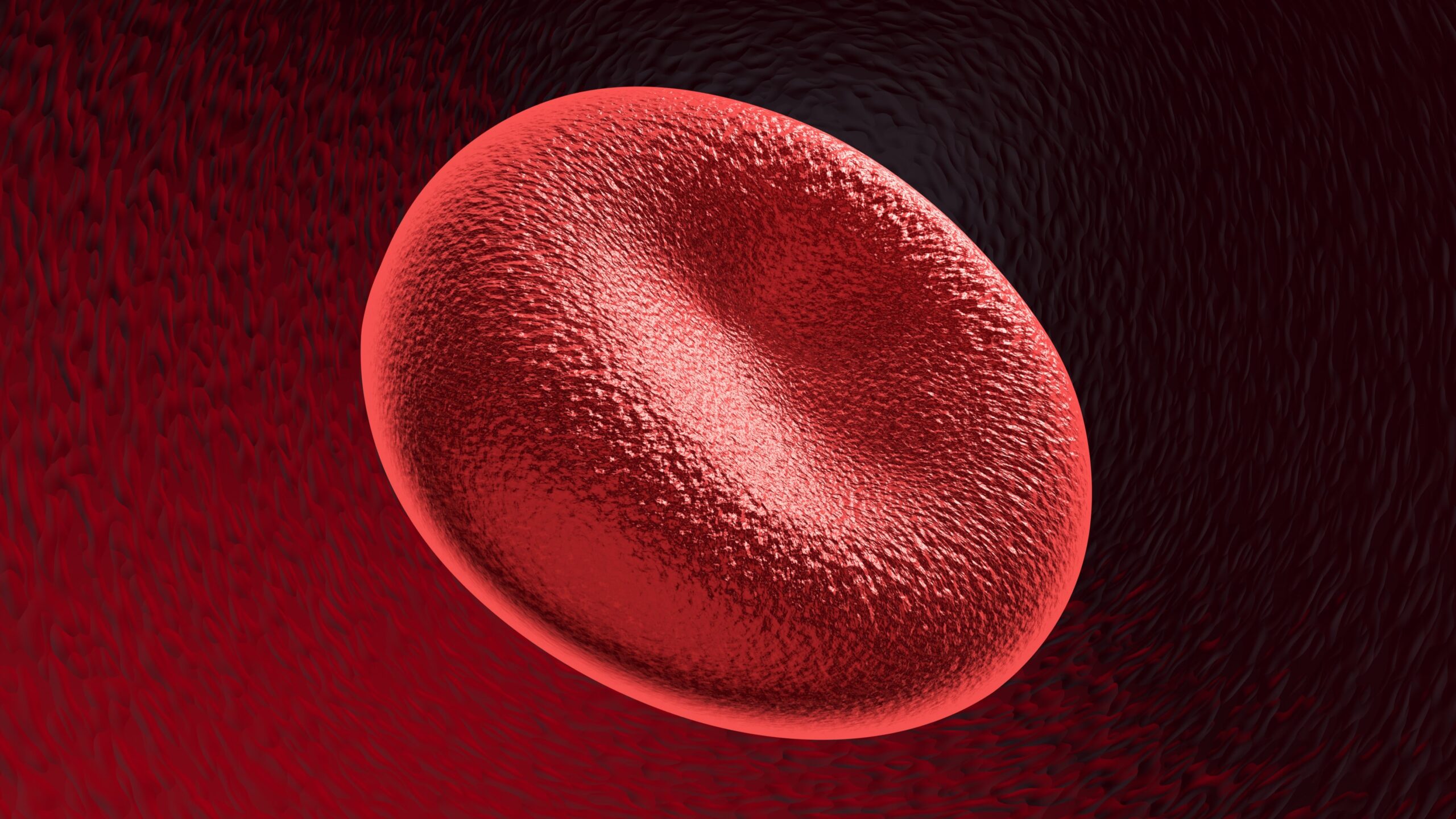
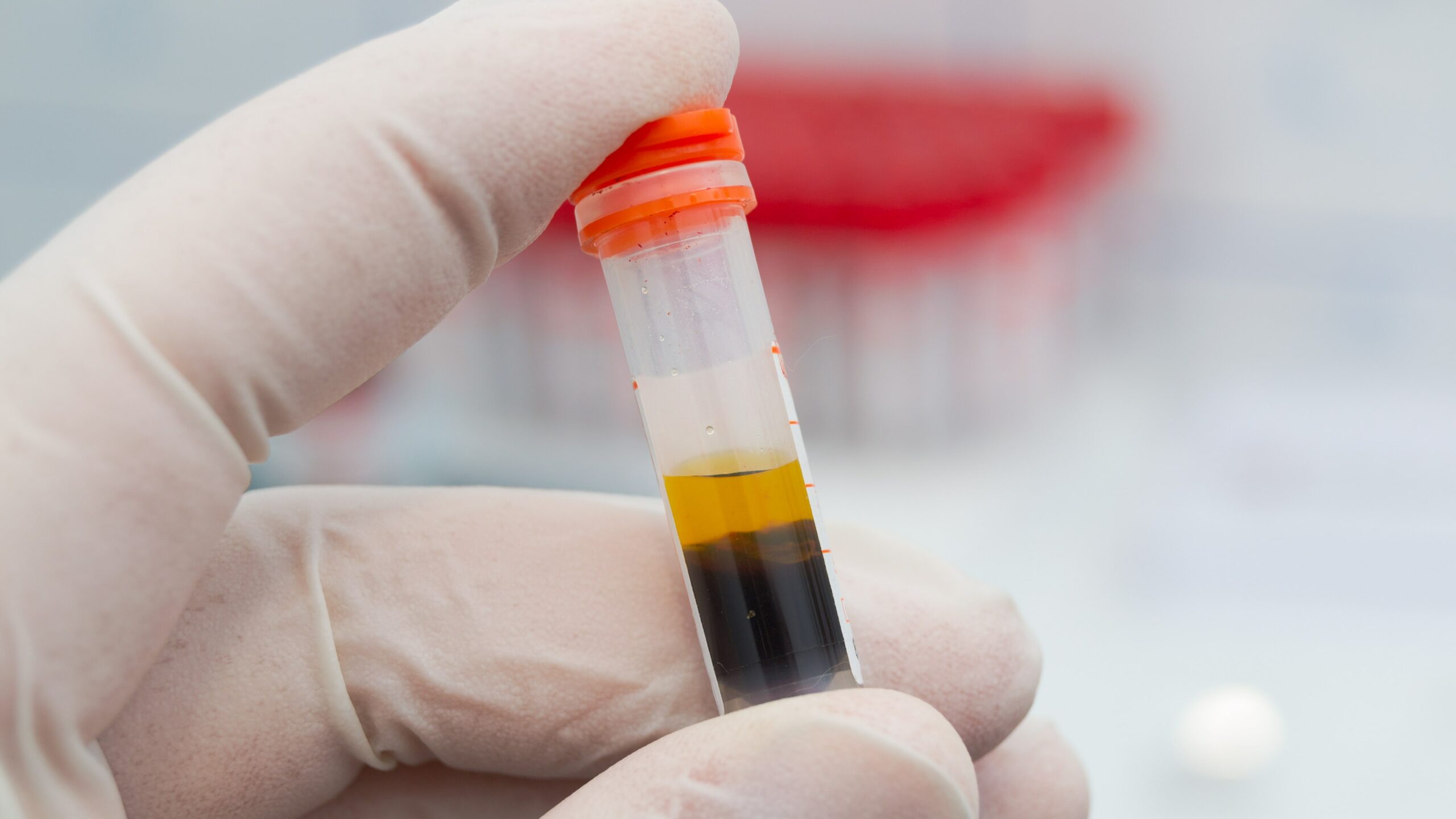


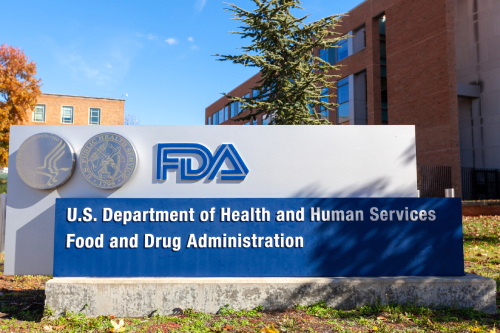






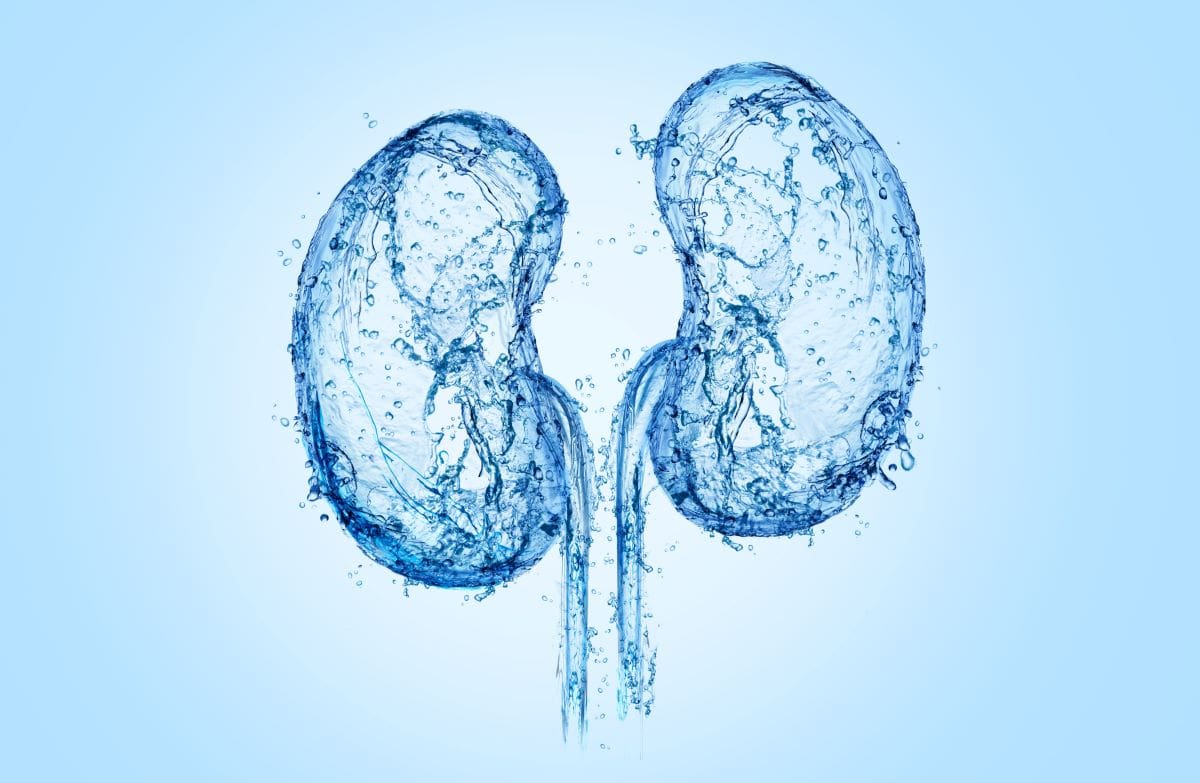






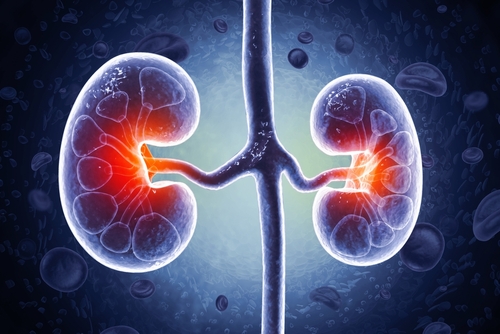

 © 2025 Mashup Media, LLC, a Formedics Property. All Rights Reserved.
© 2025 Mashup Media, LLC, a Formedics Property. All Rights Reserved.